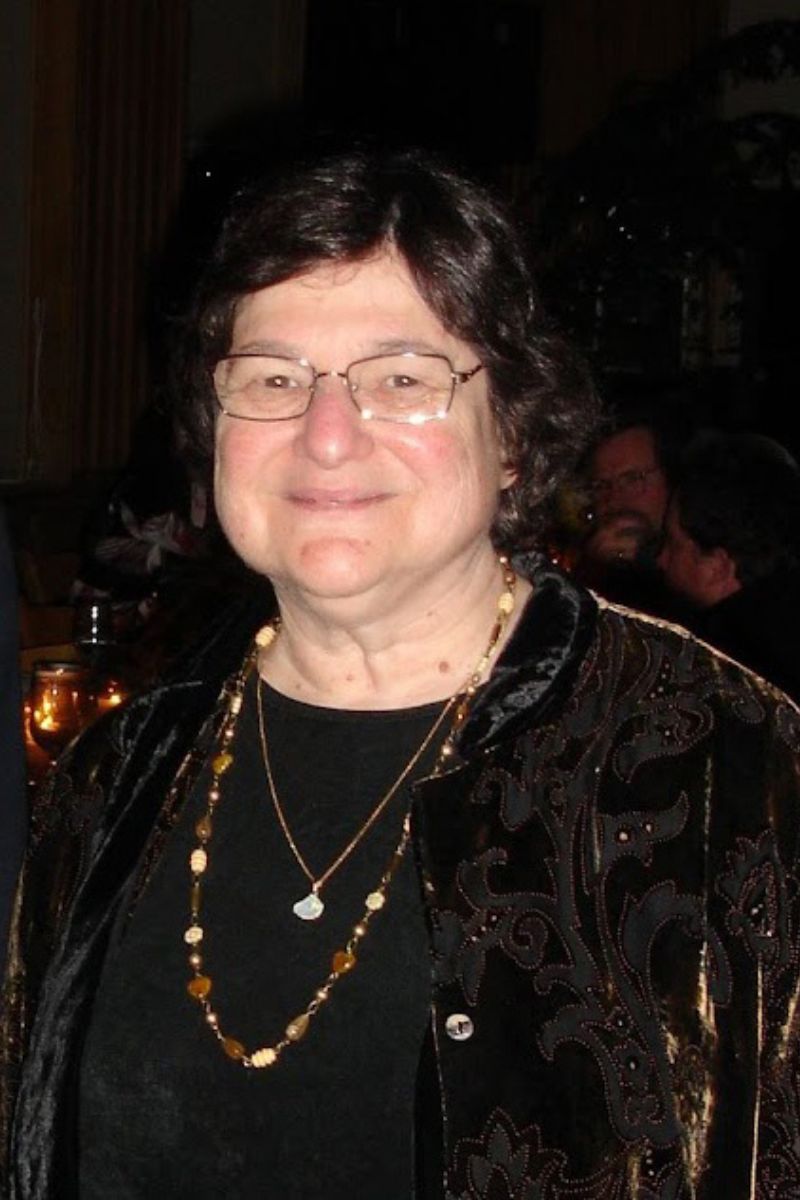Leonore A. Herzenberg will receive an honorary doctor of science degree during Emory’s 180th Commencement.
Herzenberg holds the Endowed Chair of Flow Cytometry and Genetics at Stanford University. She and her late husband, Professor Leonard A. Herzenberg, made many critical discoveries in the fields of immunology, genetics and cell biology. Perhaps most notable was the invention of the Florescence Activated Cell Sorter (FACS), which enabled fluorescent-labeled monoclonal antibodies to be used to characterize and sort individual cells — a widely used technology that revolutionized biomedical research and medicine.
Known as “Len & Lee,” the Herzenbergs first met as undergraduates at Brooklyn College in New York. After Len graduated, he moved to California for a PhD at California Institute of Technology; after a year of expensive long-distance phone calls, Len and Lee married, and she joined him in Pasadena.
Though Cal Tech did not admit women at the time, Lee was encouraged by professors there to take classes unofficially. She excelled. When they moved to Paris for Len’s post-doctoral work at the Pasteur Institute with Nobel Laureate Jaques Monod, Monod encouraged Lee to work with Len in the laboratory. Their first child was born in Paris, where they stayed from 1955 to 1957.
In 1959, Stanford University recruited Len as a professor for its newly formed Department of Genetics, where the Herzenberg lab was born. Lee and Len went on to become widely recognized partners in life and research. Over the years, Lee earned an international reputation for her cell biology and genetics work, and in 1981, the University of Paris awarded her an honorary doctorate, ultimately leading to her appointment as a full professor at Stanford.
Lee is an honorary fellow of the Royal Microscopical Society, an elected fellow of the American Institute for Medical and Biological Engineering, a member of the Genetics Society of America and the American Association of Immunologists, and a recipient of the American Cancer Society’s Eleanor Roosevelt Cancer Fellowship, among many honors.
When Len received the Kyoto Prize, the Japanese equivalent of the Nobel Prize, for the invention of the FACS, he said his only regret was that the award was not simultaneously given to Lee, stating “she has participated fully in most of the work for which I am now being honored.”
After 60 years of marriage, raising four children (Berri, Jana, Michael and Eric) and running their lab together for 55 years, Len died in 2013, leaving Lee to carry on their work. In addition to mentoring an international array of students and fellows, many of whom went on to prestigious scientific careers, Lee and Len Herzenberg were also civil rights activists who effectively advocated for women and other underrepresented minorities in life, science and higher education.
